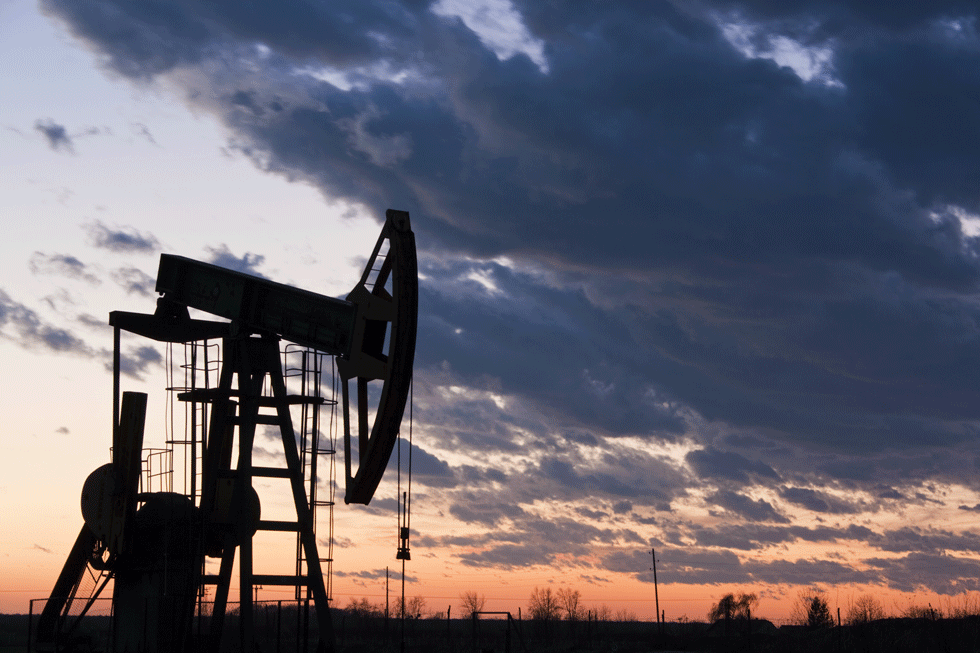

Iraq’s Oil Ministry faces a critical decision on whether to press ahead with plans to develop a giant seawater treatment facility, which will be key to maintaining pressure in the southern oil fields and keeping the country’s longer-term oil production ambitions alive.
Years behind schedule, the ministry has not been able to work out a way forward to finance the engineering and construction of the Common Seawater Supply Project (CSSP), which is expected to cost more than $13bn to deliver.
It is meant to supply huge volumes of treated seawater for re-injection into a number of Iraq’s major producing oil fields to help maintain pressure and oil output as the international oil company operators start targeting deeper reservoirs.
A number of options have emerged over the last few years, but sources in Iraq say the government has not been able to agree on a new course. Further delays could stall upstream developments causing the international oil companies, such as BP and Eni to miss their plateau production targets.
Under the original plans, the CSSP was meant to deliver 12.5 million b/d of seawater, making it one of the world’s largest desalination and treatment plants by 2017. This water would be pumped through 426 kilometers of pipelines, including eight interconnecting stations and 10 delivery stations to six major Iraqi oil fields.
But the project has suffered numerous delays. Originally led by Exxon Mobil, responsibility for the project was transferred to CH2M in a $170m deal in late 2012. The project has also been scaled back significantly and is now expected to have an initial capacity of just 5 million b/d. That is if Iraq decides to press ahead with the project at all
“Everybody seems to be giving up on the water project. The government is not willing to fund it because they have so many other priorities. The potential investors through [state-owned] Basra Oil Company are not interested and not able to build it, and negotiations with ExxonMobil and CNPC [China National Petroleum Corporation] have stalled,” one source said.
Three companies; Petrofac and Biwater of the UK, and South Korea’s Hyundai Engineering & Construction; submitted bids earlier this year for the construction of the water treatment plant package that forms part of the CSSF. All three offered to provide financing as part of their contract.
A large pipeline package, which also forms a key part of the CSSP, is yet to be tendered.
Baghdad is now said to be urging its oil company partners to look at their own options to treat and inject water. The cost of these individual developments would have to be born by Iraq, however, with any spending on the projects counted as a field development cost, and therefore reimbursed.
The southern oil fields are all being developed under technical service agreements, where the international oil companies are paid a fee for each barrel of oil produced over an agreed plateau level. They are also paid for the costs of building the infrastructure needed to boost production.
“BP is relying on the old Garmat Ali facilities, Eni is drilling water wells and using submersible pumps to obtain water for direct injection,” the source said.
BP operates the Garmat Ali water facility near Basra, producing around 1.25 million b/d of treated water for injection at the Rumaila oil field, which produces nearly 1.5 million b/d. The US’ ExxonMobil and Lukoil of Russia, operators of the West Qurna-1 and 2 fields, have also installed water intakes the nearby Euphrates river.
However, some Iraqi sources warn injecting such water could cause lasting damage to the oil reservoirs, the lifeblood of Iraq’s economy.
You might also like...

Arada awards $167m Masaar construction contracts
16 April 2024
A MEED Subscription...
Subscribe or upgrade your current MEED.com package to support your strategic planning with the MENA region’s best source of business information. Proceed to our online shop below to find out more about the features in each package.







